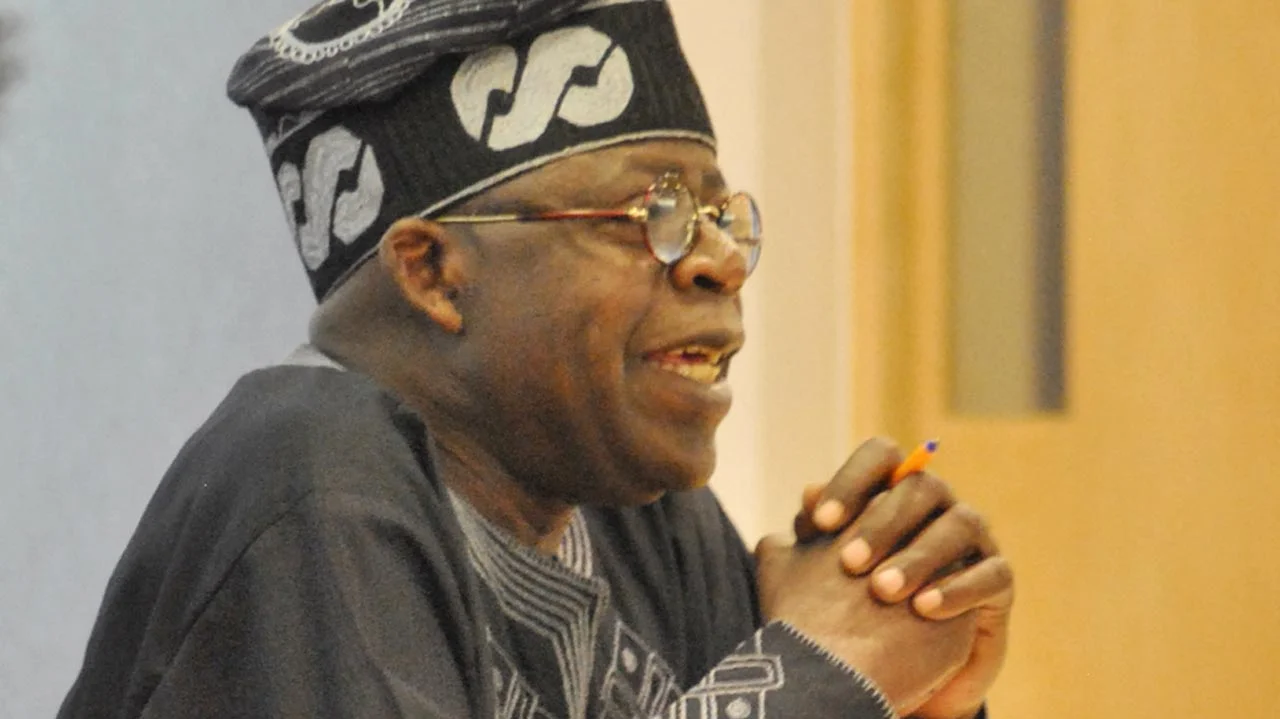Amid claims and counter-claims by the ruling All Progressives Congress (APC) and the opposition Peoples Democratic Party (PDP), over which has the majority in the National Assembly, intense underground maneuvering and lobbying are ongoing, with a view to swinging the pendulum.
In the ongoing debate over which of the two parties has the right to occupy the seats of Senate President and Speaker of the House of Representatives, and the argument that members have the right to chose their leaders, irrespective of party affiliation, politicians outside both chambers have been engaged in the act of denials, threats and persuasion, all in a bid to win the game of numbers that is expected to impact profoundly on next year’s general election.
While the APC is still in the majority in the Lower Chamber, despite the defection of 37 members to the PDP, the rumoured imminent defection of Speaker Yakubu Dogara and many others has made highly unclear what would happen in the Lower House in the coming days.
Although the figures keep changing by the day, the 37 representatives, who dumped the APC is believed to have depleted the ruling party’s lawmakers in that chamber to about 186, as against PDP’ 162.
The All Progressives Grand Alliance (APGA) held on to its five members, while four of the APC members defected to the newly registered African Democratic Congress (ADC).
The Social Democratic Party (SDP) boasts a member, while the seat of the former Deputy Majority Leader, Buba Jibril, who passed on recently is still vacant.
House Majority Leader, Femi Gbajabiamila, who was visibly worried over the sudden turnaround in the fortunes of the party was relieved after a headcount of his members, that he retained his seat.
He declared, “I want to say that not only does APC remain majority in the House, the party is actually in clear, overwhelming majority.
I want to believe that those who wanted to defect were looking for about 60 members and they got half, which leaves the APC over and beyond what is required for majority.”
The decision by two PDP members to join former Akwa Ibom State governor, Godswill Akpabio, to defect to the APC last week, further reinforced Gbajabiamila’s claim of his party’s numerical strength in the lower legislative chamber.
However, fears that Dogara would join Saraki to defect to the PDP has already been allayed by the APC National Chairman, Adams Oshiomhole, who claimed that he had succeeded in persuading the Speaker not to dump the party after reconciling him with Governor Mohammed Abubakar, of
Bauchi State.
But Dogara’s conspicuous absence at last week’s caucus meeting of the APC at the National Assembly, however, cast doubt on the credibility of Oshiomhole’s claim.
Sources disclosed that Dogara may be waiting to have on his side, the required number to sway the numerical strength in favour of the PDP before officially announcing his defection to prevent the seeming stalemate that is evident in the Senate, where senators from the contending parties appear to be running neck to neck.
However, the final answer to the question of which party will eventually control the Senate leadership is still hanging as many senators, mostly APC, are still sitting on the fence waiting for an opportunity to take the plunge, even as more continue to pledge their allegiance to the Senate leadership despite their political differences.
Added to this, is the fact that more defections are expected to be announced at the emergency sitting due to the political lobbying that is taking place.
Just last week, the APC caucus met outside the National Assembly to seek ways of strengthening unity among its members against efforts by the Senate leadership to cause division within the party.
On Thursday, Senate President, Abubakar Bukola Saraki and his team met with the South West Caucus of the APC in the Senate in its bid to poach them and it is believed that a female senator who had announced her defection to the ADC, from the APC is likely to make a detour and head to the PDP.
There are also speculations that another female senator, who had initially defected from the PDP to the APC in Ekiti, may soon find her way back to her former party, not only because she is an ally of Saraki, but because her second term ticket has been reserved by the APC leadership for another party chieftain.
An influential APC Senator from the North East disclosed that although party differences exist, the level of relationships that existed among senators, particularly the relationship between the Saraki and many senators remains very strong.
He said, “The issue in the Senate is totally different from what exists outside.
Although politics is local, there are certain relationships that local politics cannot easily break.
You may find that many of us in the APC are opposed to the question of leadership change in the Senate if it ever arises because of personal convictions.
Outside forces may continue to insist, but I don’t think majority of senators will buy the idea.”
Amid calls for his resignation, Saraki said last Thursday said he would only quit if two-thirds of all senators passed a vote of no confidence on him.
The Constitution in section 50 (2) (c) states that, “The President or Deputy President of the Senate, or the Speaker or Deputy Speaker of the House of Representatives shall vacate his office if he is removed from office by a resolution of the Senate, or of the House of Representatives, as the case may be, by the votes of not less than two-thirds majority of the members of that House.”
By the provision of this section, not less than 73 senators are required to remove the Senate President.
However, the anti-Saraki forces in and outside the Senate are of the view that two thirds of Senators present and voting after forming quorum is enough to effect Saraki’s removal.
A clear picture of which party has the highest number will emerge on Tuesday, as the lawmakers reconvene to address the issue of the N242b election-funding proposal presented by the executive during, which official affirmation of who is where is expected to be made.
But Tuesday may still not provide the answer as many of the lawmakers are believed to be tying their party loyalty to their ability to secure tickets for re-election in their respective constituencies.






2 Comments